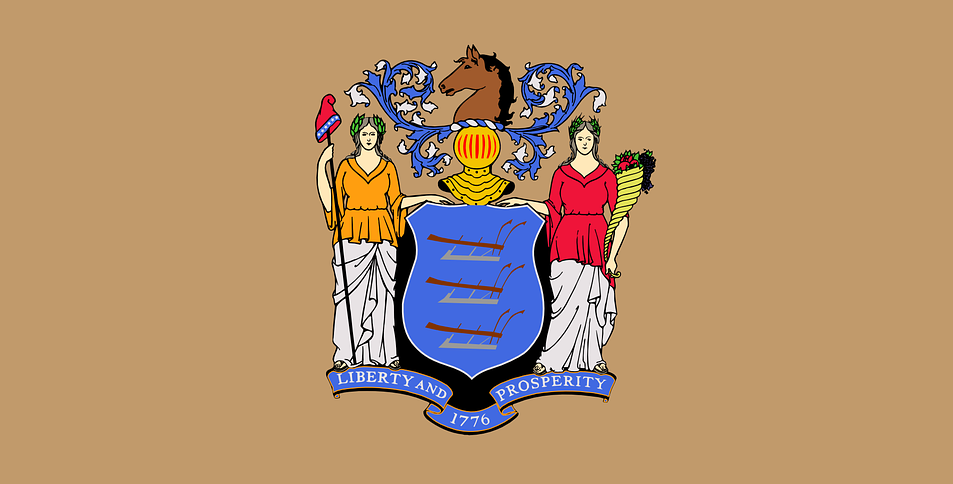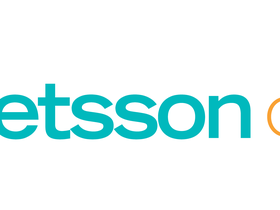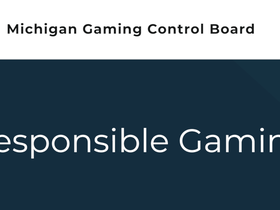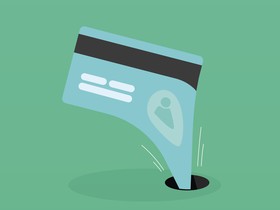The New Jersey Division of Gaming Enforcement has released a statement on July 16 in which the UK-based software developer and gaming business company Gamesys has been fined for various shortcomings in the regulated US market. No brand has been specifically mentioned as the software provider was instead seen as the culprit for the offenses.
Among the charges made by the Office of the Attorney General, one in particular stands out. Gamesys has been fined a $1,000 penalty “for failing to prevent a self-excluded patron from both creating accounts and wagering on those accounts“.
The patron was allowed access to the online gambling platform and occurred losses of $1,822.92. According to the ruling by the Division, Gamesys has to refund the losses to the patron and pay further fines on top of that. The software provider has “agreed to the proposed penalty and disgorgement on July 16, 2021” as outlined in the released statement.
The Division of Gaming Enforcement (DGE) is a law enforcement agency and the investigative arm of the casino regulatory system responsible for enforcing the Casino Control Act. It has handed fines to companies in the regulated state for various
According to a news article from August 18, Gamesys has, however, received further fines for additional shortcomings. In specific, the company was also sent notices with regards to “*sending an automatic email to patrons who were either self-excluded or in a cool-off period*” and made “erroneous issuance of a noncash bonus credit,” as per the DGE.
The aforementioned responsible gambling violations have proven to be rare occurrences instead of the norm throughout the years. However, there have been several cases in which self-excluded patrons slipped through and gained access.
Leading daily fantasy sports contest and sports betting operator DraftKings, for example, has already received at least three fines in the current year. One case that took place in New Jersey occurred late in 2020 and the DGE imposed a fine of $10,000 on the company. DraftKings was sanctioned for “sending promotional mailings to eleven self-excluded individuals.”
The very same violation was also deemed to be the case in the state of Indiana in December 2020 as well. Once again, direct mailers to self-excluded patrons were detected and DraftKings paid a fine of $3,000 as a result. The Indiana Gaming Commission also issued charges to sports betting operators PointsBet and BetRivers for allowing self-excluded patrons to wager on their platforms.
Residents in US states with regulated online gambling have various options at their disposal in order to minimize their exposure to potential addiction. Among the most commonly used measures is the self-exclusion, which allows problem gamblers to ban themselves for a limited period or lifetime from gambling platforms, as well as brick-and-mortar venues within the state borders.
The self-exclusion list is maintained by the DGE and available to all online and offline gambling operators. During the cool-off period, operators are not allowed to send marketing materials or incentives to self-excluded customers in order to entice gameplay. A failure to abide by these rules can be disputed and reported by the patrons and will lead to investigations by the respective state regulators.




